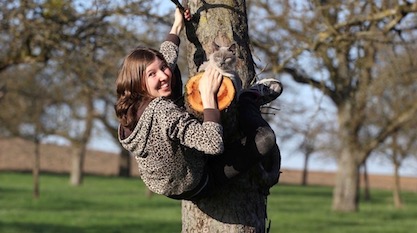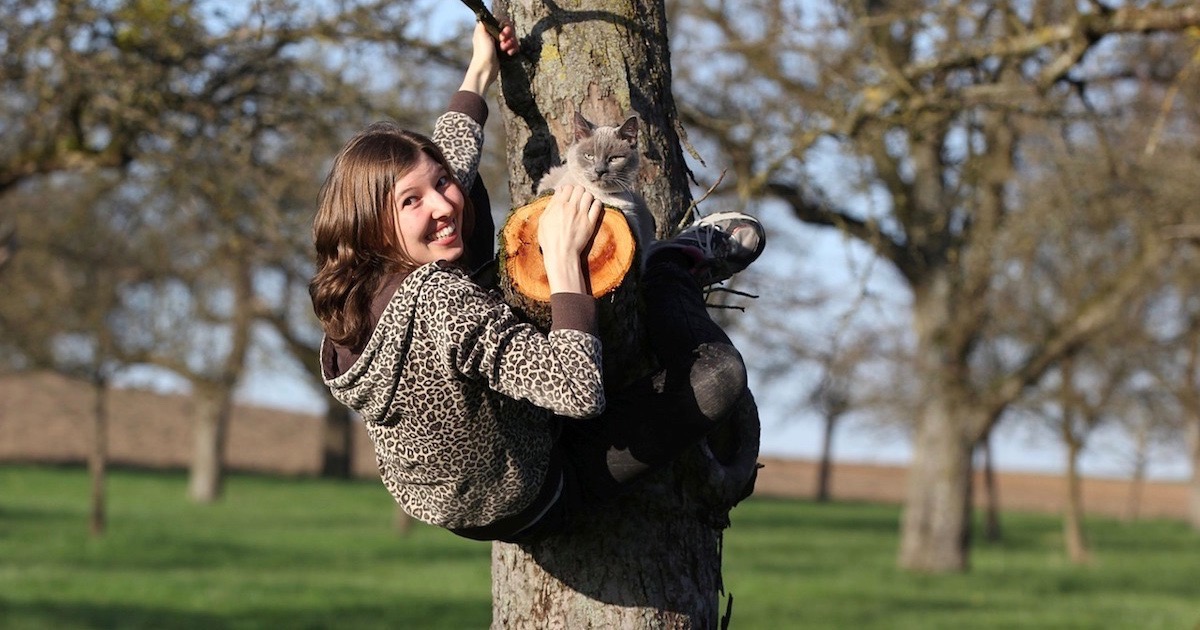 Culture & Ethics
Culture & Ethics
No, Trees Are Not People Too


For a newspaper that prides itself on its supposed devotion to science and rationality, the New York Times sure does publish a lot of tripe anthropomorphizing plants.
For example, there was that professor who appeared in the Sunday Opinion section arguing that “peas are a who,” and that humans should only eat fruit and vegetables from perennials that we harvest “as a gift of vegetal being.”
Then there was the Times’ science columnist (!) Natalie Angier claiming the plants “are the ethical autotrophs” because they don’t kill to stay alive. (Well, there are those Venus flytraps, but never mind.)
Now in the Book Review, novelist Barbara Kingsolver seriously asserts, in her review of a novel in which trees are characters, that they are people too. From “Into the Woods”:
Trees do most of the things you do, just more slowly. They compete for their livelihoods and take care of their families, sometimes making huge sacrifices for their children. They breathe, eat and have sex. They give gifts, communicate, learn, remember and record the important events of their lives.
No. Trees are not sentient. They do not know they are “doing” anything. They are incapable of “sacrifice” and “taking care of their families,” concepts that requires volition. Trees certainly procreate through sexual reproduction, but that isn’t “sex” in the human meaning of the term, and they don’t have “children.”
Kingsolver’s doesn’t stop there:
With relatives and non-kin alike they cooperate, forming neighborhood watch committees — to name one example — with rapid response networks to alert others to a threatening intruder. They manage their resources in bank accounts, using past market trends to predict future needs.
They mine and farm the land, and sometimes move their families across great distances for better opportunities. Some of this might take centuries, but for a creature with a life span of hundreds or thousands of years, time must surely have a different feel about it.
Please. Plants respond autonomically to stimuli. They cannot “feel” what it is like to be so long-lived because they can’t think!
And we are so mean to the trees!
And for all that, trees are things to us, good for tables, floors and ceiling beams: As much as we might admire them, we’re still happy to walk on their hearts.
Oh good grief. This kind of drivel is becoming a prime emotional motivator fueling environmentalism, mutating the movement from a beneficial force into a (too often) extreme and dogmatic enterprise.
Thus, the Swiss Constitution now proclaims the “intrinsic dignity” of individual plants, leading to a bioethics report proclaiming that it is unethical to “decapitate” a wildflower. Activists have successfully obtained court rulings that rivers are “persons,” as they argue with increasing fervor that “nature” should have “rights.” Someday soon, large-scale development may be criminalized as “ecocide” a “crime against peace,” which its pushers want to be enforced equivalently to genocide so they can haul corporate CEOs into the dock at The Hague.
If we are to prevent this irrationality from further fueling environmental anti-humanism, it needs to be mocked for the tommyrot it is — particularly when appearing in vaunted publications like the New York Times.
Photo: Human person rescues cat person stuck in tree person, by Uschi_Du, via Pixabay.
Cross-posted at The Corner.
